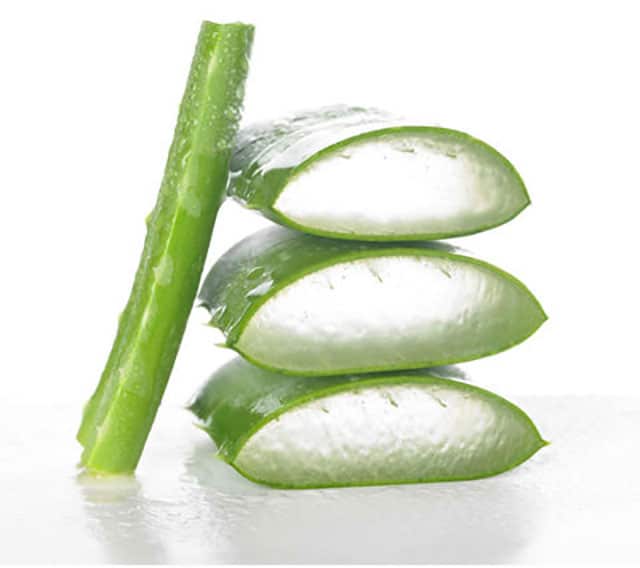When we focus on nutrient density, we shift attention from diets back to healthy foods, says health researcher Peter Dingle PhD. In the beginning there were healthy, whole foods packed full of nutrients.
Today, half the world is plagued by starvation and the other half from too much nutrient-depleted, calorie-dense food. Times have changed and so must the way we look at food, nutrition and our health.
The modern day processed “white foods” such as sugar, bread, white rice, seed “vegetable” oils and processed breakfast foods are full of empty calories and low in nutritional value. Unfortunately, these foods now make up a large portion of the average Western diet.
Meanwhile, most people rarely consume their required intake of fruit, vegetables, nuts, beans and other nutritious food. When they do consume vegetables, often it is in the form of over-processed potatoes without the nutrient-dense peel, and deep fried in “cholesterol and saturated fat-free over-processed vegetable oils”.
The average American, British person or Australian eats only one or two vegetables serves per day, a couple of pieces of fruit and a lot of over-processed and nutrient-depleted foods. These nutrient-depleted foods often require nutrients in order to be digested, absorbed, utilised and eliminated from the body.
The cost of this may actually deplete the body of nutrients rather than provide them. It is generally recognised that our bodies require some 90 essential nutrients that include 16 vitamins, 12 amino acids, three essential fatty acids and 20 or so minerals or trace elements.
In addition, we need a growing list of phytonutrients such as antioxidants.
Rising rates of obesity and Type 2 diabetes, cardiovascular disease, cancer and other chronic illnesses continue to be linked to a growing consumption of refined grains, added sugars and “empty calories”, as well as major nutritional deficiencies. micronutrients.
The World Health Organisation has found sufficient evidence to link high consumption of energy-dense foods to the global obesity epidemic and chronic illness.
Aloe Vera is loaded with over 200 natural constituents including 22 Amino Acids, Vitamins, Minerals, Enzymes and Polysacharides. Try drinking nutrient dense Aloe Vera juice daily to experience the wellness benefits for yourself.

